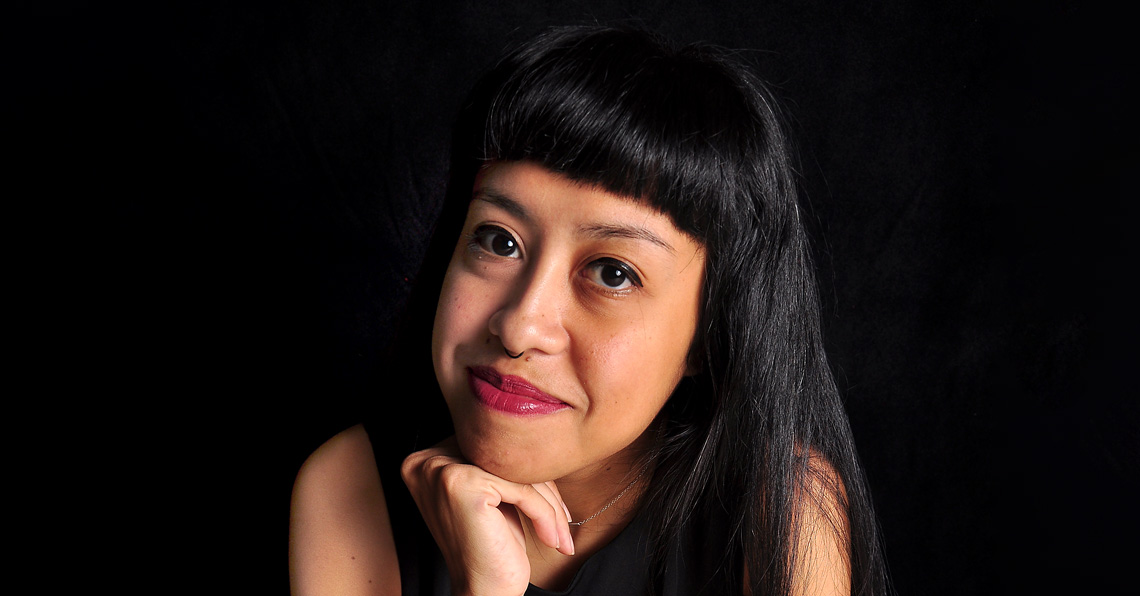What are you reading? Mariam Asad
Issue: XXVII.2 March - April 2020Page: 13
Digital Citation
Authors:
Mariam Asad
I've been slowly rereading The Dispossessed by Ursula K. Le Guin, which I read for the first time as I started to write my dissertation. The novel describes a scientist from a small utopian world who travels to another planet—one with strong echoes of contemporary Western capitalism—and tries to reconcile his worldviews with new beliefs, practices, and values. It's pleasant enough to follow along on his journey, but I think the true satisfaction of the novel is in Le Guin's depictions of the utopian planet, detailed and vivid, both wildly imaginative and completely mundane. Readers get insight into some of the collective processes and community structures of the utopian planet, which conjures through language these beautiful "places of possibility" (my favorite phrase, thanks to Audre Lorde) that I find to be incredibly generative for the different kinds of collective work we do through research, design, pedagogy, and mentorship.

I am grateful to Róisín for distilling so many delicate and crystalline experiences through such lustrous language.
In a similar vein, Fariha Róisín offers us glimpses into so many imperfect worlds through her poetry in How to Cure a Ghost. In an essay in Sister Outsider, Audre Lorde describes poetry as "a revelatory distillation of experience," and a necessity for us to prefigure our desires and dreams into reality. I am grateful to Róisín for distilling so many delicate and crystalline experiences through such lustrous language. As someone who embodies several identities and desires myself—many of which conflict in strange and unpredictable ways—I feel very seen by Róisín's poems, catching hints of reflections of past and present selves through the glints of grammars and lines. This poetry collection is a much-needed reminder that there are worlds and worldviews and histories beyond those that have been normalized through our work and institutions and that "we must constantly encourage ourselves and each other to attempt the heretical actions that our dreams imply."


Finally, I have read the essay "Poetry Is Not a Luxury" by Audre Lorde at least once a week since completing my dissertation, which I highly recommend as a general life practice.
Mariam Asad (she/they) is a postdoctoral researcher at the School of Informatics and Computing at IUPUI. Her research explores how social computing can offer opportunities for more just and equitable civic participation through both policy- and grassroots/community-based initiatives. She earned her Ph.D. in digital media at the Georgia Institute of Technology. [email protected]
Copyright held by author
The Digital Library is published by the Association for Computing Machinery. Copyright © 2020 ACM, Inc.


